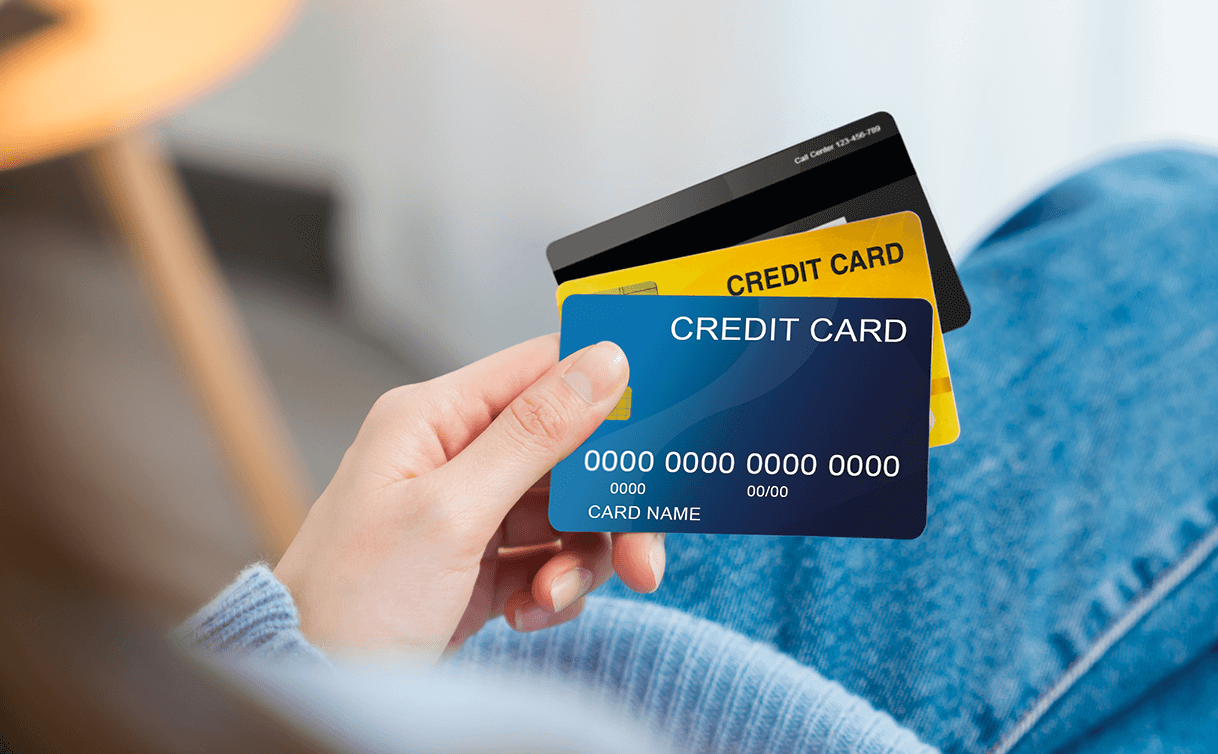Credit cards, the facilitators of deferred payment, not only occupy a supreme position in today’s economy but are also one for the future. In the endeavour of going cashless, these instruments of plastic money have a key role to play.
Struggling to purchase goods by the end of the month after exhausting the money in hand? Credit cards provide the ultimate solution; buy those essentials and other goods through the credit card, and repay the amount once the pockets are full again (before the due date).
Wish to purchase goods with steep prices in the form of equated monthly instalments (EMIs)? Again, credit cards ease the procedure and more often than not, extend the provision of no-cost EMIs, coupled with zero down payment.
Credit cards can easily be termed as a life-saver with the services they bestow. As convenient as the usage of credit cards seem, their actual application, especially in terms of paying the bills, can get confusing and complex.
The credit card bill, popularly called the credit card statement, contains all the minute details of the transactions made. It comprises a comprehensive list of the items which the cardholder owes to the issuer and also the tax waivers awarded.
The statement also incorporates the minimum amount due as well as the total amount owed to the financial institution. With this guide, become aware of the minimum due credit card meaning and other information concerning the same.
What does one understand by credit card minimum payment?
The credit card monthly statement includes both the total due amount and the minimum amount. The full amount owed to the credit card issuer comes under the purview of the total amount. The minimum amount due, on the other hand, is a small percentage of the total amount.
Credit card companies mostly keep it at about 5% of the total amount. This percentage can be higher if the card had been employed to buy something on EMIs, or if the person had surpassed the credit limit or the previous month’s dues are inculcated in it. If there’s any unpaid minimum amount from the previous months, it gets added up.
This minimum amount due is the least amount one owes to the bank. As the credit card statement gets released, banks clearly mention the due date at the top of the page. If I pay the minimum on my credit card, I get to keep my credit card. Paying off the minimum amount due ensures that there’s no penalty fee involved, and that the credit card remains active. So, the minimum due is the bare minimum amount that every cardholder is expected to pay on a monthly basis.
Why do banks incorporate the provision of minimum payment?
The cardholder may run out of cash or even savings days before the due date. However, the same individual would have spent a hefty amount using the credit card. By keeping the provision of the minimum payment, the banks render the usage of credit cards customer-friendly. Just by depositing the bare minimum on or before the due date, one can avert paying a heavy penalty.
What if I pay the minimum on my credit card? Is it a trap?
The minimum amount expressed clearly at the top of the credit statement can act as a possible trap. Any lack of previous knowledge or power of scrutiny can cause the cardholders to presume that the minimum due is the total amount they owe to the bank.
This wrong presumption will only push the cardholders into a debt trap as the outstanding balance attracts interest, which is calculated on a daily basis. So, if I pay the minimum on my credit card, I might avoid the penalty but cannot dodge the interest; and this interest will only prove to be a costly affair. Moreover, there will be a drastic negative impact on the credit score, which will shrink the cardholder’s creditworthiness.
Hence, it is advisable to take the route of the minimum payment only when there’s no means left to clear the entire amount. Pay the amount in full to maintain a healthy credit score and not incur any interest.
If you’re in search of a trustworthy credit card, look no further than the Bajaj Finserv RBL Bank SuperCard. This credit card issued by Bajaj Finserv, in partnership with RBL Bank, comes with an interest of just 3.99% per month. Moreover, there’s no annual or renewal fee accompanying it.
Do check our Web Development Write for Us section and post blogs.









